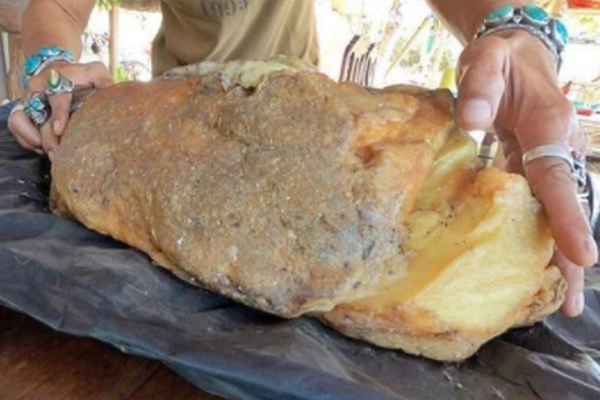# 我国对古代富商的称呼
在中国悠久的历史中,富商一直是经济活动的重要参与者。随着时间的推移,社会对富商的称呼也不断演变。在这篇文章中,我们将探讨我国古代对富商的各种称呼及其背后的文化含义。

## 一、富商的多种称谓

1. **巨贾

- 解释:巨贾原指交易量大、财力雄厚的商人。这个称谓带有赞美的意味,通常用于指代那些在商业上取得显著成就的人。
- 例子:唐代的“巨贾如云”形容当时商业繁荣,富商众多。
2. **商贾
**- 解释:商贾是商人和贾人的合称,通常用来泛指从事商业的人。这个词语在古籍中频繁出现,体现了古人对商业活动的认可。
- 例子:许多古诗词中提到“商贾”,反映了社会对商业的重要性。
3. **宰相
**- 解释:在某些历史时期,国家对富商的称呼虽然不是直接称为宰相,但有些大富商的地位和权力可以与宰相相提并论,拥有很大的影响力。
- 例子:明清时期,许多富商在地方上拥有重要地位,甚至干预政治。
4. **富人
**- 解释:富人是一个比较常见的称谓,直接表达了财富的含义。在古代文献中,富人多与权贵相联,显示财富与权力的紧密关系。
- 例子:不少历史故事中,富人由于财富获得了特权和地位。
## 二、称谓背后的文化含义
古代对富商的称谓不仅是对其财富的描述,更是对其地位与影响力的认可。在封建社会,商业虽然被视为低贱职业,但随着经济的发展,富商逐渐获得了越来越多的社会地位和政治权利。
### 1. 文化变迁
- 随着时间的推移,儒家文化强调的“士农工商”中,商人的地位不断提高。古代对商人的称谓反映了这一变化,从最初的羞辱转变为后来的尊重。
### 2. 财富与责任
- 在古代,财富往往伴随着责任。许多富商会通过慈善或兴办教育等方式回馈社会,故而在古代文献中,富商的形象也相对正面。
## 三、总结
我国古代对富商的称谓多种多样,体现了他们在社会中的重要角色和地位。从“巨贾”到“商贾”,这些称呼不仅反映了他们的财富,也承载着历史文化的变迁。了解这些称谓,有助于我们更好地理解历史和经济的发展脉络。
> 感谢阅读本文,希望大家能够更深入地研究古代商业和富商文化的相关知识!如有不同看法或更好的见解,欢迎留言讨论。